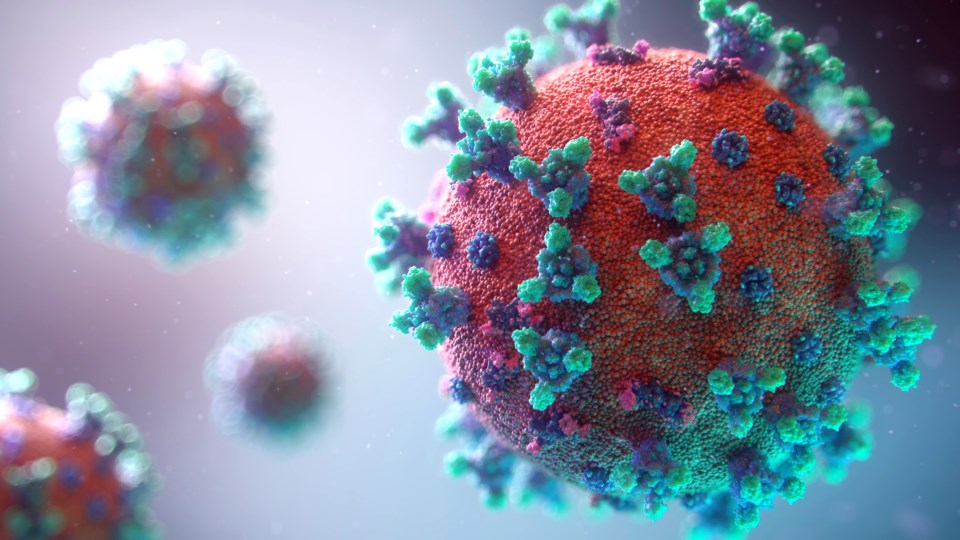The results of a wastewater surveillance initiative support information about reported cases of COVID-19, which indicate sustained low levels of COVID-19 infection in Collingwood, Midland, and Orillia in Ontario.
“I am pleased this important information is now being shared publicly,” said Heather McGinnity, manager of environmental services at the Town of Collingwood. “Our wastewater team is happy to [contribute] information to the extensive COVID-19 decision making dataset. Anything we can do to help increase transparency around information being used for pandemic-related decision making will only help increase public confidence in our health care professionals as they continue to work to keep us all safe and healthy.”
The Town of Collingwood started collecting samples in early February 2021 as part of the Ontario Wastewater Surveillance Initiative. This effort is to assist Ontario’s COVID-19 Preparedness Plan as an attempt to quickly identify, manage, and prevent outbreaks of COVID-19.
Scientific studies have shown that people with active COVID-19 infections shed the virus in their stool, sometimes even before symptoms start. This is what prompted the international rise of Wastewater-Based Epidemiology (WBE) to monitor the presence of coronavirus genetic material (RNA) in wastewater as another screening tool to help identify the community spread of COVID-19.
Samples collected from participating wastewater treatment plants are analyzed by Ontario Tech University to detect viral RNA fragments from the SARS-CoV-2 virus responsible for COVID-19 infection. Emerging research suggests that in wastewater plants that serve smaller communities like Collingwood, a higher level of infection in the community is required to detect SARS-CoV-2 patterns in wastewater samples.
The wastewater samples are collected from an automated composite sampler at the headworks of the wastewater treatment plant. Staff retrieve the sample from the composite sampler, mix it well, pour 200 mL into a polypropylene bottle and then courier the sample to the laboratory for analysis. Although there is no epidemiological evidence that wastewater is a route of transmission of COVID-19, staff wear personal protective equipment including latex gloves, goggles, and a ventilator as a precaution when collecting these samples.









